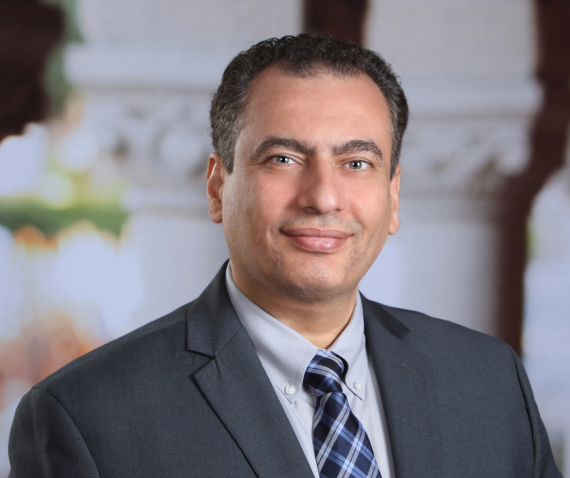
Dr. Yehia Massoud, an IEEE Fellow and renowned leader and scholar in integrated and complex systems, is the Dean of the School of Systems and Enterprises at Stevens Institute of Technology, USA. Massoud holds a Ph.D. in electrical engineering and computer science from Massachusetts Institute of Technology. Massoud has accumulated more than 20 years of extensive and diverse experience at leading institutions of higher education and respected industry names such as MIT, Rice University, WPI, Kaust, UAB, the SLAC National Accelerator Laboratory, IBM and Synopsys.
As the Dean of School of Systems and Enterprises, the school has seen a record increase in research awards and peer-reviewed publications. The school has also seen an unprecedented increase in graduate and undergraduate student enrollment, as well as a significant increase in research funding over the past three years. Prior to Stevens, Massoud served as the Head of the Department of Electrical and Computer Engineering (ECE) at the Worcester Polytechnic Institute (WPI) between 2012 and 2017. During that period, the ECE department saw considerable growth in research expenditures, research output, industrial partnerships, undergraduate and graduate student enrollments, unrestricted funds and gifts, and visibility and recognition. The department also rose 26 positions in the U.S. News & World Report department rankings. Massoud started his academic career as a faculty member in the both the Electrical and Computer Engineering (ECE) and Computer Science (CS) departments at Rice University, where he was granted tenure in under four years and have chaired the ECE graduate programs.
Massoud has always been proactive in emphasizing the importance of pursuing interdisciplinary research direction. He has been a primary investigator (PI) or a co-PI on more than $53 million of funded projects and has published high-impact articles in leading peer-reviewed journals and conference publications. Yehia Massoud’s research include machine learning, autonomous vehicles, healthcare systems, smart cities, intelligent transportation systems, smart systems, and nanotechnology. Massoud’s research group was responsible for developing the world’s first realization of compressive sensing systems for signals. Massoud's collaboration with industry leaders such as Intel, Accenture, Google, and TI has facilitated strong link between academic research and commercialization. Massoud has received many honors for his research and his service to the field, such as the Rising Star of Texas Medal, the NSF CAREER Award, the DAC Fellowship, the Synopsys Engineering Award and several Best Paper awards. . He was selected by the MIT EECS as one of ten featured alumni.
